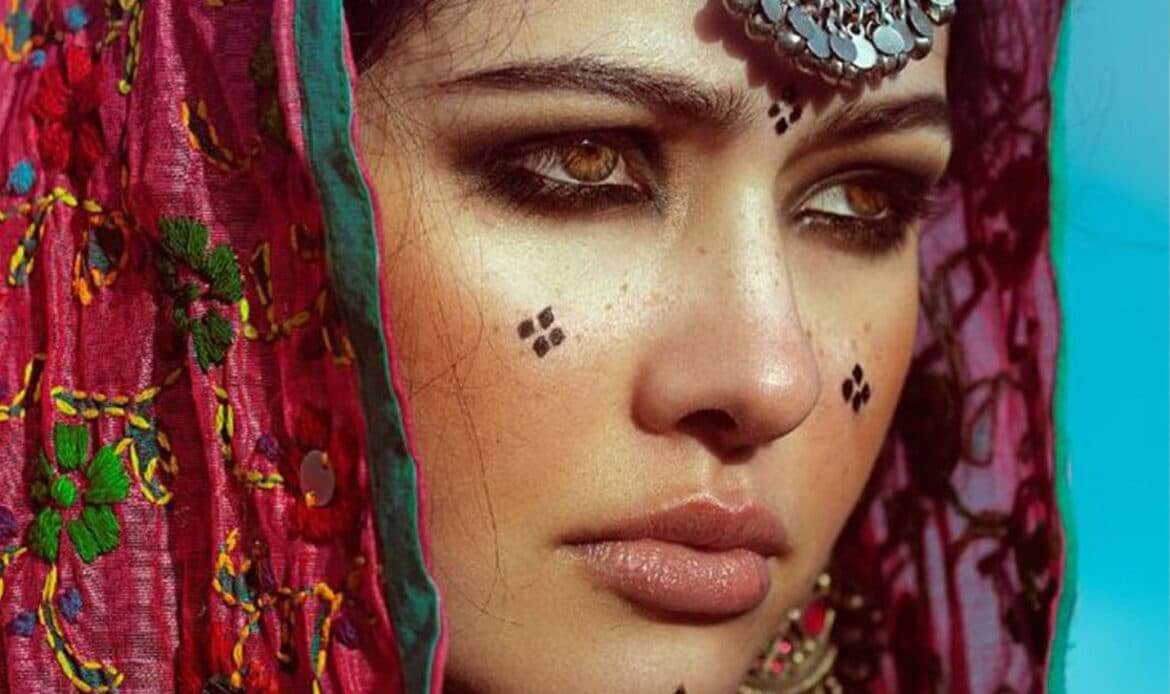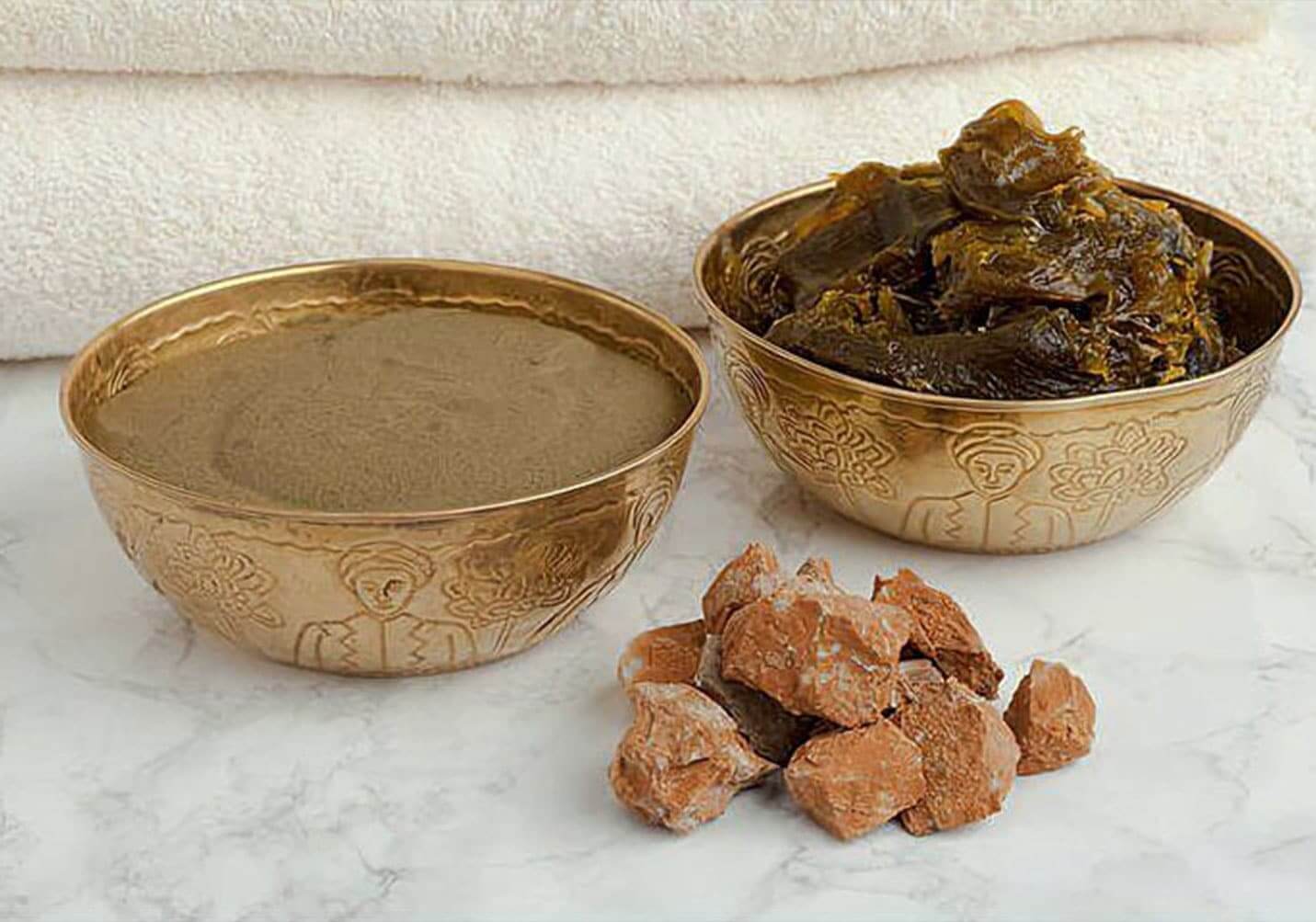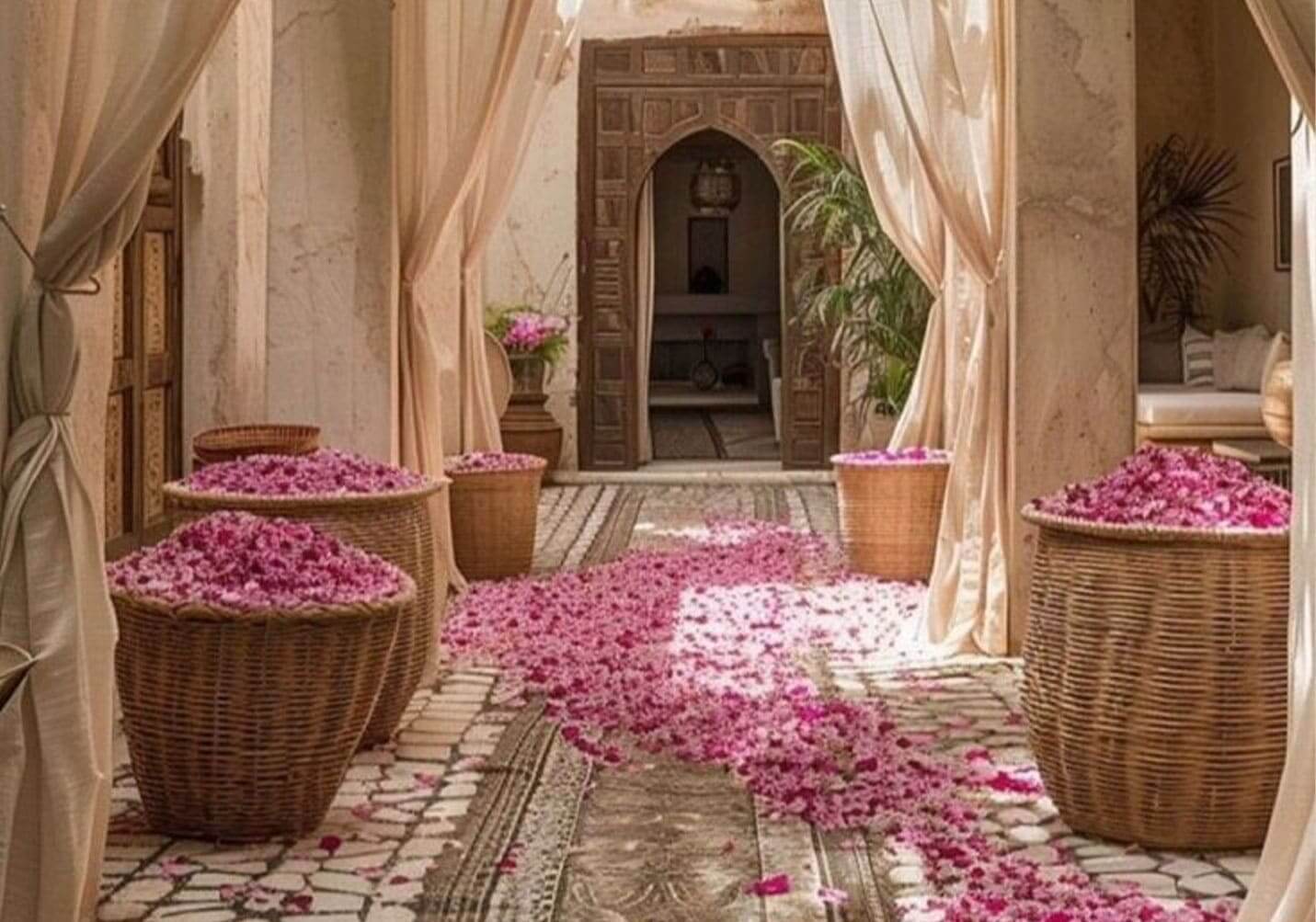Let me take you back to a few years ago — I was that person. That beach-obsessed, sunscreen-sometimes kind of girl. My skin, once glowing and resilient, turned into a dull, uneven canvas of sun spots, dryness, and the kind of texture that no amount of highlighter could fix. I tried everything — expensive serums, trendy K-beauty routines, DIY oatmeal masks. Nothing worked. Until I stumbled upon Moroccan skincare.
Not the commercial stuff packaged for tourists, but real, traditional Moroccan beauty rituals — rooted in centuries of Berber knowledge, desert survival, and natural, unadulterated ingredients. And let me tell you: my skin didn’t just recover — it transformed.
The Turning Point: An Accidental Discovery in Marrakech
It started with a trip to Marrakech. Not for skincare — I was chasing colors, architecture, and mint tea. But after a long, dry week under the Saharan sun, my face was fried. I wandered into a local souk where a kind old woman handed me a bottle of pure, cold-pressed argan oil and said:
“Put it on your face tonight. Don’t wash it off.”
I was skeptical, but desperate. I followed her advice. And by the next morning? My skin was noticeably calmer, less inflamed, softer.
The Moroccan Skincare Staples That Changed Everything
After that encounter, I did a deep dive into Moroccan skincare. Here are the ingredients and rituals that healed my skin and made me ditch my overpriced department-store creams.
1. Argan Oil — Liquid Gold for a Reason
Dubbed “liquid gold,” Moroccan argan oil is rich in vitamin E, antioxidants, and essential fatty acids. Unlike other oils, it sinks into the skin without clogging pores. I used it every night — and here’s what happened:
Reduced hyperpigmentation from sun spots
Softer, plumper skin texture
Less redness and inflammation
Tip: Look for 100% pure, cold-pressed argan oil from women’s cooperatives in Morocco. The fake stuff won’t do the trick.
2. Rhassoul Clay — Detox Without the Drama
I started using rhassoul clay once a week as a mask. It’s mined from the Atlas Mountains and has been used for over a thousand years. It detoxifies the skin gently — no harsh burning or over-drying like many store-bought masks.
Benefits I noticed:
Smaller pores
Cleaner skin (no breakouts)
Brighter, even tone
Pro Tip: Mix it with rose water or a bit of honey for extra hydration.
3. Moroccan Black Soap (Beldi Soap) — Nature’s Exfoliator
This olive-based, gel-like soap softens the skin and preps it for exfoliation with a kessa glove. Used in traditional hammams, it’s the ultimate deep cleanse without stripping natural oils.
Weekly use left my skin:
Smoother
Free of flaky patches
Glowing, even without makeup
4. Nila Powder — The Underrated Gem for Brightening
Nila powder (indigofera) is used by Moroccan women to naturally lighten dark areas and fade hyperpigmentation. It’s mild yet effective, especially when mixed with yogurt or milk.
Results? Faded sunspots, and a much more even complexion after just a few applications.
The Ritual: Less “10-Step Routine,” More “Sacred Moment”
One thing I loved most about Moroccan skincare is its intention. It’s not about slathering on five serums while doom-scrolling TikTok. It’s a ritual — slow, mindful, connected to nature. Every application felt like I was telling my skin, “I’m taking care of you now.”
Final Results After 3 Months
Sun spots? Faded by 80%
Skin texture? Smoother than it’s been in years
Redness and inflammation? Gone
Self-confidence? Restored
No Botox, no lasers, no miracle creams. Just ancient wisdom, natural ingredients, and consistency.
Would I Recommend It?
Absolutely. If you’re suffering from sun damage, over-exfoliated skin, or just want to get back to the basics of skincare that actually works — give Moroccan skincare a try. And not just a one-time sheet mask — commit for a month. Your skin will thank you.
Where to Start
Here’s a quick starter kit for beginners:
1 bottle of 100% pure argan oil
1 pack of rhassoul clay powder
1 jar of Moroccan black soap + a kessa glove
Optional: Nila powder for pigmentation
Make sure the ingredients are authentic — preferably sourced directly from Morocco, preferably organic and unrefined.
Trust the Traditions
What healed my sun-damaged skin wasn’t a lab-created peptide or a patented formula. It was the ancient, grounded wisdom of Moroccan women who’ve cared for their skin with the Earth’s gifts for centuries.
Sometimes the best skincare isn’t the newest — it’s the oldest.




